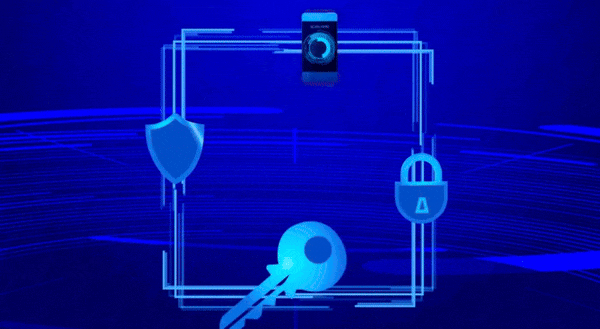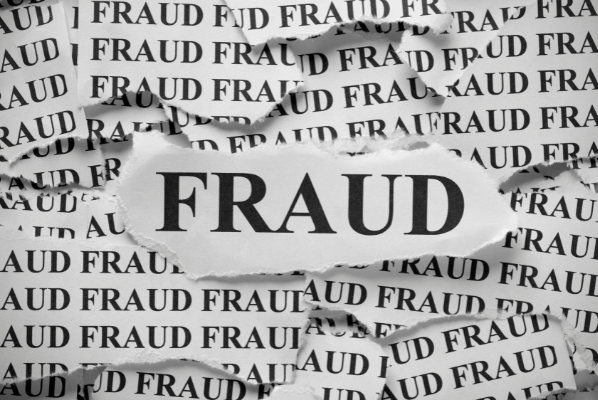Welcoming the New Year with Vigilance: Protect Yourself Against Online Fraud



The new year presents a fertile ground for cybercriminals for several reasons:
- Increased Online Activity: Post-holiday sales, New Year’s resolutions to shop smarter or invest, and a push toward digital convenience often lead to a spike in online transactions.
- Year-End Financial Planning: Tax season preparation and financial goal-setting can involve sharing sensitive information online.
- Psychological Triggers: Scammers exploit the optimistic mindset of the new year, using promises of investment opportunities, giveaways, or resolutions-based scams (like fitness or personal growth programs) to lure victims.

Here are some scams to watch out for as you dive into 2025:
-
Fake E-Commerce Websites: Fraudsters often create counterfeit websites offering irresistible discounts. While the deals may seem like a great way to start the year with savings, they can result in stolen payment details or undelivered goods.
-
Phishing Emails and Texts: Expect to see messages purporting to be from trusted organizations like banks, charities, or tax agencies, asking you to verify personal information or click on suspicious links.
-
Investment and Cryptocurrency Scams: New year financial resolutions make people more susceptible to schemes promising high returns on minimal investments.
-
Fitness and Wellness Fraud: With many resolving to get healthier, fake gym memberships, weight loss programs, or supplements are common scams.
- Charity Scams: The spirit of giving often extends into the new year, making individuals vulnerable to fraudsters pretending to represent charitable organizations.

-
Verify Before You Trust:
- Always check the legitimacy of websites and emails before sharing personal information or making purchases. Look for secure sites (https://) and read reviews.
- Avoid clicking on unsolicited links in emails or text messages.
-
Strengthen Your Cyber Hygiene:
- Use strong, unique passwords for all your accounts and enable multi-factor authentication wherever possible.
- Regularly update your devices and software to protect against vulnerabilities.
-
Be Skeptical of Unsolicited Offers:
- If it sounds too good to be true, it probably is. Be wary of deals or offers that demand immediate action or upfront payments.
-
Monitor Your Financial Accounts:
- Keep a close eye on your bank and credit card statements for any unauthorized transactions.
- Consider setting up fraud alerts with your financial institution.
-
Educate Yourself and Your Loved Ones:
- Stay informed about the latest scams and share this knowledge with friends and family, especially those who may be less tech-savvy.
If you encounter a suspicious activity or believe you’ve been a victim of online fraud, report it immediately. In the U.S., you can file a complaint with the Federal Trade Commission (FTC) or report to your local law enforcement agency. Acting quickly can minimize damage and help authorities combat online crime.
The new year symbolizes a fresh start and an opportunity to achieve great things. By remaining vigilant and proactive, you can protect yourself and your loved ones from online fraud, ensuring that 2025 is a year of progress, not pitfalls. Embrace the optimism of the season, but temper it with a dose of caution—your future self will thank you.
Here’s to a safe, prosperous, and fraud-free new year!



